Main Bosnian Serb party threatens to leave institutions
The leading Serb party in Bosnia has threatened to quit the central government.
Tuesday, 23.10.2007.
10:29

The leading Serb party in Bosnia has threatened to quit the central government. The party stated that it would leave, if the country's international administrator does not withdraws his proposed reform of governmental procedures. Main Bosnian Serb party threatens to leave institutions A withdrawal by the Party of Independent Social Democrats would complicate the political situation in the country, since it has the support of most of Bosnia's Serbs. Several unions and citizens' associations in the Serb Republic portion of the country called for civil disobedience Monday. Railway workers announced a five-minute strike in support of the party. The Party of Independent Social Democrats, known as the SNSD, has been rejecting international efforts to meld Bosnia, divided since 1995 into two ethnically distinct territories, into a one cohesive unit. It objects to the latest decision of Bosnia's top international official, Slovak diplomat Miroslav Lajcak, who is seeking to strengthen the joint, multiethnic state institutions. The new rules, Lajcak has said, are designed to prevent lawmakers and ministers from blocking reforms simply by not attending sessions of Parliament or government meetings. The new rules change the way a quorum is calculated by counting ministers and lawmakers who attend, rather than including those who do not. But after the SNSD reviewed Lajcak's proposal Sunday, the party leader, Bosnian Serb Prime Minister Milorad Dodik, declared it unacceptable. "If in the next few days this is not changed, the SNSD will request all of its representatives in the executive bodies of Bosnia-Herzegovina to submit resignations," Dodik said Sunday. Bosnia's Serbs have often blocked proposed laws by not attending meetings. In general, Bosnian Serbs have objected to the strengthening of Bosnia's central institutions, preferring instead to strengthen the Serb Republic, their mini-state within the country. The most recent dispute has centered on police reform — a requirement for Bosnia to progress toward membership in the European Union. Each mini-state has an independent police force. The EU demands that the two forces be integrated, but Bosnian Serbs have resisted, putting the country's progress toward EU membership on hold. Lajcak, who is appointed under the terms of the Dayton agreement, announced his changes to the way a quorum is calculated last week, in order to make obstruction of reform more difficult. Lajcak has given the Parliament until December 1 to adopt the measures; otherwise, he said, he will simply impose them.
Main Bosnian Serb party threatens to leave institutions
A withdrawal by the Party of Independent Social Democrats would complicate the political situation in the country, since it has the support of most of Bosnia's Serbs. Several unions and citizens' associations in the Serb Republic portion of the country called for civil disobedience Monday. Railway workers announced a five-minute strike in support of the party.The Party of Independent Social Democrats, known as the SNSD, has been rejecting international efforts to meld Bosnia, divided since 1995 into two ethnically distinct territories, into a one cohesive unit. It objects to the latest decision of Bosnia's top international official, Slovak diplomat Miroslav Lajcak, who is seeking to strengthen the joint, multiethnic state institutions.
The new rules, Lajcak has said, are designed to prevent lawmakers and ministers from blocking reforms simply by not attending sessions of Parliament or government meetings.
The new rules change the way a quorum is calculated by counting ministers and lawmakers who attend, rather than including those who do not.
But after the SNSD reviewed Lajcak's proposal Sunday, the party leader, Bosnian Serb Prime Minister Milorad Dodik, declared it unacceptable.
"If in the next few days this is not changed, the SNSD will request all of its representatives in the executive bodies of Bosnia-Herzegovina to submit resignations," Dodik said Sunday.
Bosnia's Serbs have often blocked proposed laws by not attending meetings. In general, Bosnian Serbs have objected to the strengthening of Bosnia's central institutions, preferring instead to strengthen the Serb Republic, their mini-state within the country.
The most recent dispute has centered on police reform — a requirement for Bosnia to progress toward membership in the European Union. Each mini-state has an independent police force. The EU demands that the two forces be integrated, but Bosnian Serbs have resisted, putting the country's progress toward EU membership on hold.
Lajcak, who is appointed under the terms of the Dayton agreement, announced his changes to the way a quorum is calculated last week, in order to make obstruction of reform more difficult.
Lajcak has given the Parliament until December 1 to adopt the measures; otherwise, he said, he will simply impose them.






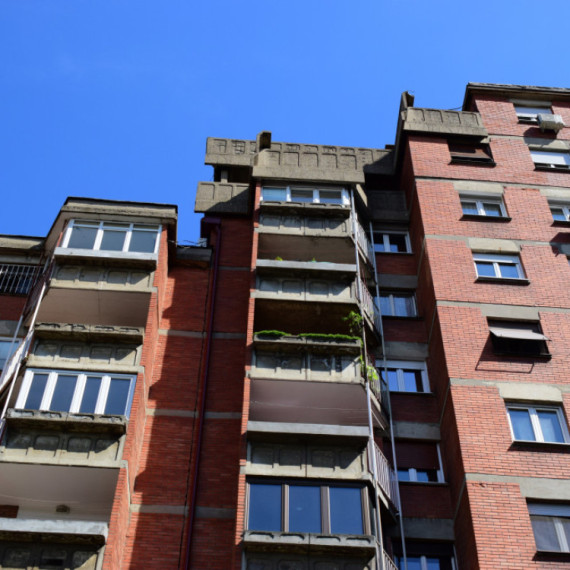





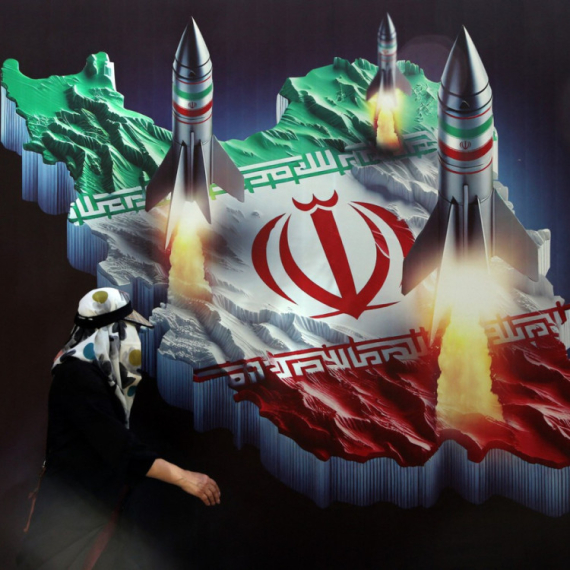

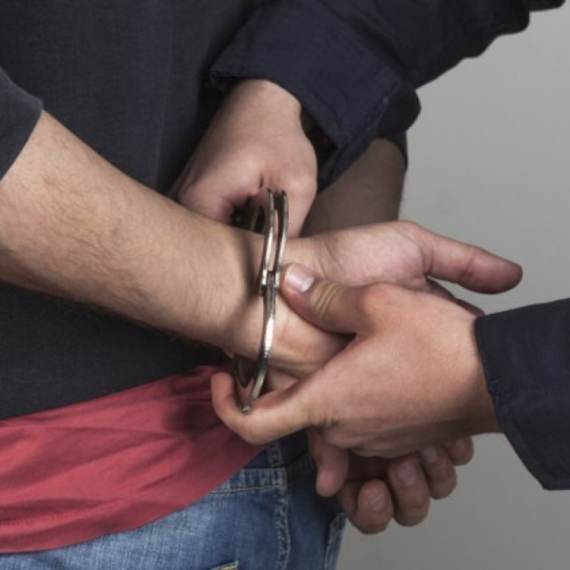

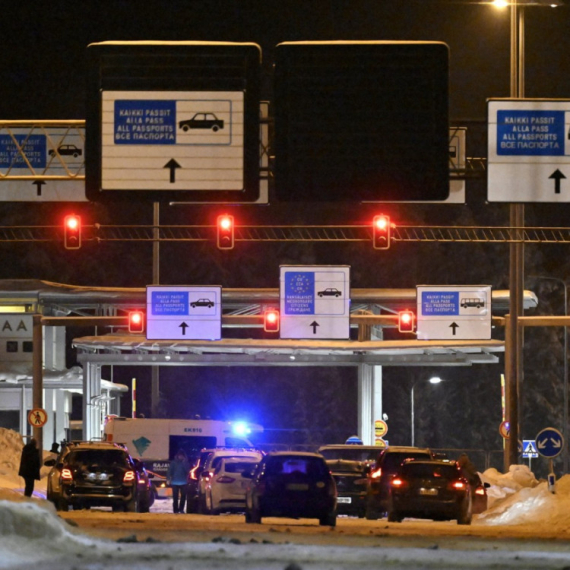






































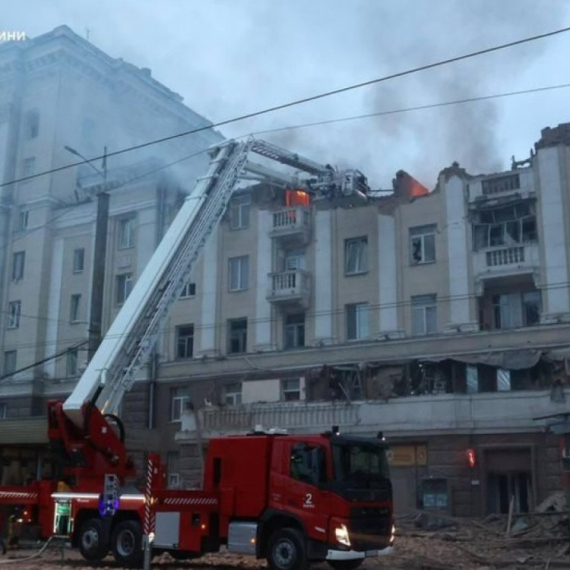



Komentari 7
Pogledaj komentare